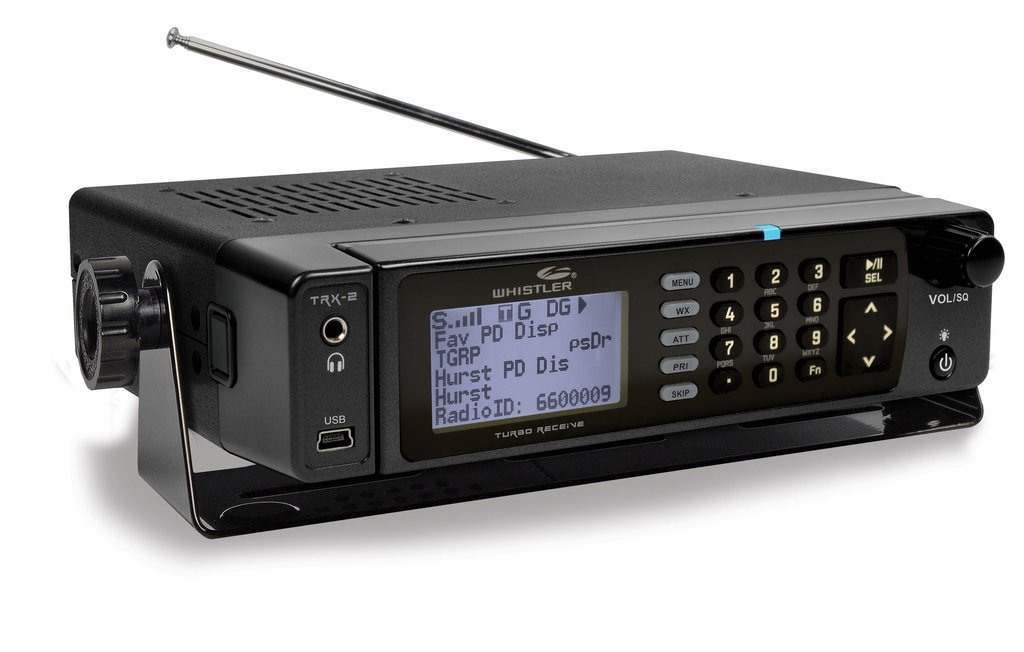It looks like they are getting encryption right in Nebraska. We hope the So Cal PD’s will follow suit and not lock out scanner listeners from all PUBLIC safety communications.
COLUMBUS NE — Columbus Police Chief Chuck Sherer is changing course when it comes to restricting the public’s access to information shared between officers and dispatchers.
Sherer met with members of the local media last week to announce the department will follow a policy proposed by the Platte County Sheriff’s Office that allows people with scanners to listen to much of the radio communication.
His department will use both public and encrypted radio channels, allowing dispatchers and officers to switch to the encrypted channel — blocking scanner access — whenever sensitive information needs to be passed along.
The police department switched solely to an encrypted channel in early November as part of its transition to a new digital radio system and Sherer said at that time the department would likely “stay dark” moving forward.
“Essentially, the scanner is there for our business and some of the things we say in our business aren’t necessarily meant for public consumption,” he said in November.
The Platte County Sheriff’s Office is also going digital as it shifts to the statewide radio system.
Like the police department, that office will have both encrypted and public radio channels available, but Sheriff Ed Wemhoff said in November his plan is to only use the encrypted channel for sensitive information, such as fatalities, search warrants and details that might create a safety issue for deputies.
“I don’t have an issue with the public hearing a majority of our traffic,” Wemhoff said two months ago.
That decision helped sway Sherer, who said the police department will start using an open channel again once an equipment upgrade is complete.
The city and county agreed in November to buy a new Motorola radio console system for dispatchers that is still being installed.
That system, which makes it easier to switch from encrypted to public radio channels, will be ready “soon,” according to Sherer, who didn’t have an exact timeline for the transition.
Sherer, who became police chief in September, has said the goal of an encrypted channel isn’t to hide police activity from the public.
He noted that communication between officers and dispatchers can include people’s personal information, including driver’s license numbers, dates of birth and home addresses, as well as details about medical situations and juvenile arrests.
There’s also concern that someone committing a crime could use a portable scanner or smartphone app to monitor police activity.
While recognizing the importance of protecting police officers, The Telegram requested radio communication remain open to the media so the public can be informed about emergencies and other situations.
Since the new radio systems are digital, a digital scanner will be needed to pick up the police and sheriff’s office channels once the transition is complete.
Credit: https://columbustelegram.com
